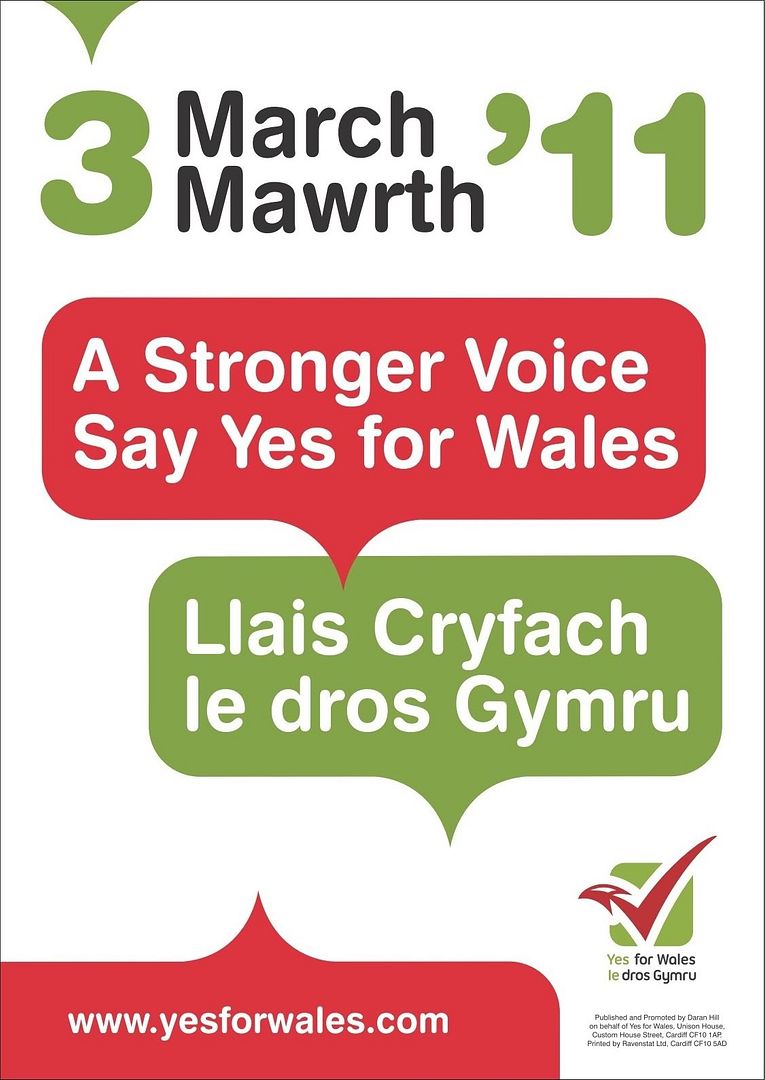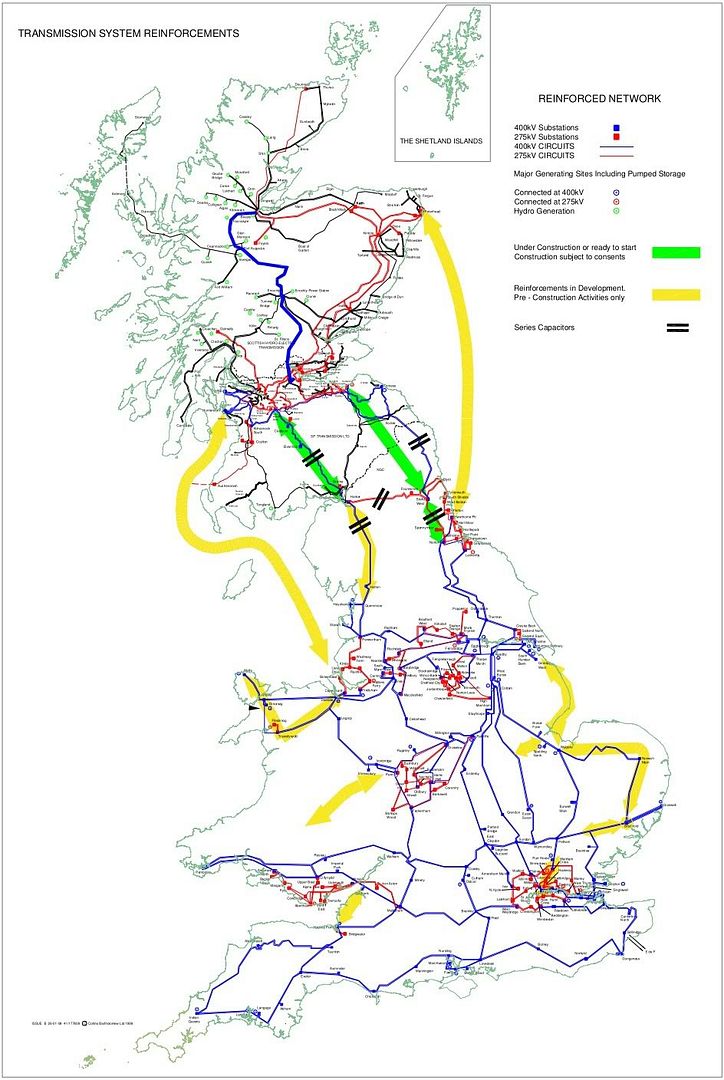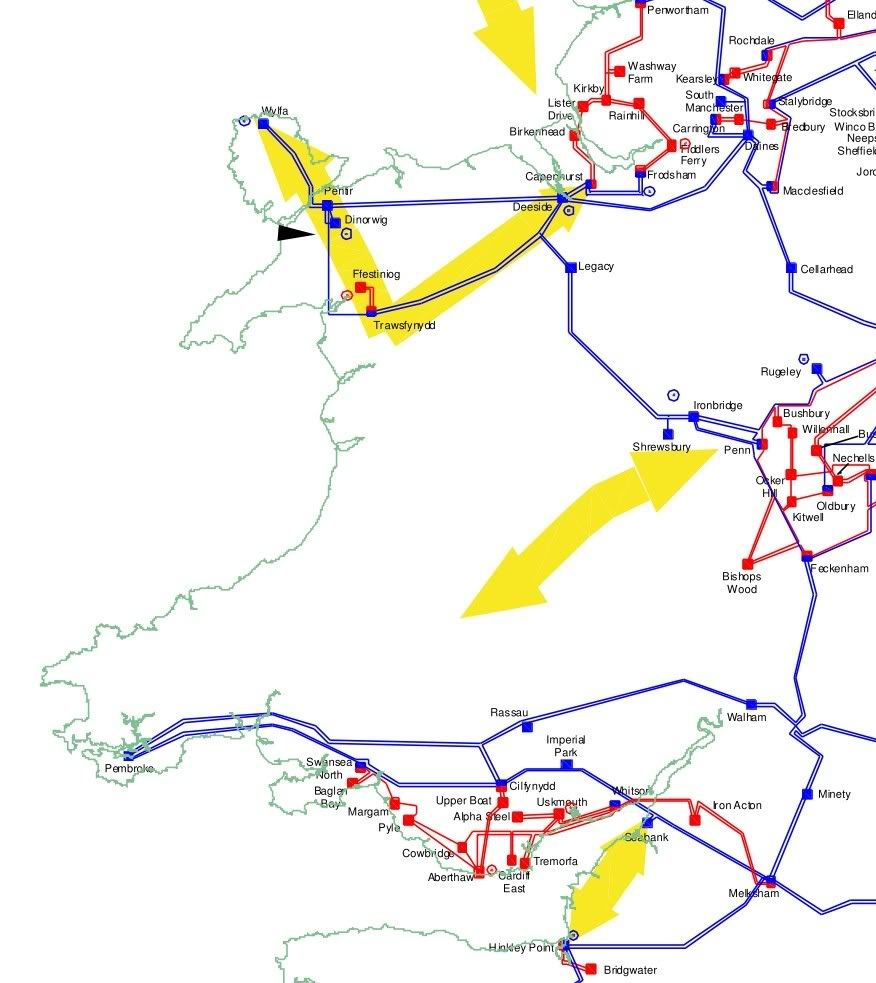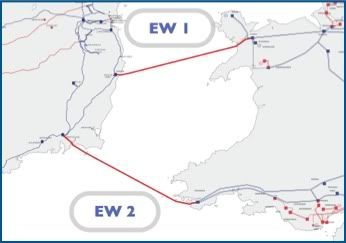There have been quite a few developments in Euskadi over the last few months. In September last year ETA announced a ceasefire, which I wrote about in this post. It was not greeted with any great enthusiasm by Spain, and I hardly expected it to be. A ceasefire is a long way short of a permanent cessation of violence.
However this was followed up in January this year by the announcement that it was permanent, and that ETA wanted it to overseen by the international community:
In a statement released to the Basque newspaper Gara the group said: "Eta has decided to declare a permanent and general ceasefire which will be verifiable by the international community.
"This is Eta's firm commitment towards a process to achieve a lasting resolution and towards an end to the armed confrontation."
The armed group said that the solution to Basque conflict "will come through the democratic process with dialogue and negotiation as its tools."
Guardian, 10 January 2011
I don't particularly want to get involved in a discussion of when it is right to use armed force in the pursuit of political objectives in this post, though I would note that violence is not only done by those fighting against a state, but by states themselves. However I do think it should be of interest to us all how such situations can be progressed from a violence that gets neither side anywhere to the point where it can be resolved by peaceful political means.
As I see it, the main key is for there to be an effective means of political expression for those who either explicitly backed the violence before, or more passively accepted it as being—at least as they once saw it—the only way of achieving their political goals.
But Spain has not been good at allowing this strand of opinion to be expressed at a party political level. Batasuna, the main left-leaning party supporting an independent Euskadi (the EAJ-PNV being a centre-right party) which generally had the support of about 15% of the electorate, was banned in 2003; and other left wing nationalist parties that have been formed since then have been declared illegal. One of the most blatant instances of this was in the 2009 election to the Parliament of the Basque Autonomous Community when D3M and Askatasuna were banned at the very last moment, after the ballot papers had been printed, and their votes were counted as void. There were over 100,000 void votes in total compared with a normal void vote of under 5,000, which amounted to about 9% of the total. As a direct consequence of these votes not being counted the EAJ-PNV was unable to put together a broad nationalist coalition government for the first time in nearly thirty years.

Now a new chapter is beginning to unfold. Earlier this month a new political party was formed, and this is how one article describes it:
Sortu puts spotlight on Spanish justice system
There have been many signs that genuine change is afoot in the Basque Country in recent months, as ETA's political support has repeatedly urged the organisation to give a clear statement showing it is committed to a non-violent future. For the most part these expectations have not been met, with ETA failing to deliver – most recently in a January ceasefire statement that contained some new resolutions, but ultimately not enough.

But the unveiling on February 7 of a new party, Sortu, suggests that with or without ETA’s backing, the pro-independence landscape in the northern region has changed. Sortu, which means "to rise up" or "be born" in euskera, is a reincarnation of sorts of Batasuna, the party banned since 2002 for its links to ETA and refusal to condemn the terrorist group’s violence. However, while the personnel is similar, this new party has now taken the historic step of rejecting all terrorist violence. This is a rejection that "openly, and without ambiguity, includes ETA" according to Iñaki Zabaleta, a spokesman for Sortu. These are not just words uttered in a Bilbao press conference. They're written in Sortu’s statutes.
"This is very significant. I think this was the step people were waiting for," said Paddy Woodworth, author of a history of the Basque Country and a book about the GAL anti-ETA death squad. "These statutes are so explicit, in their condemnation not just of terrorism but in general. They have produced statues which could have been written by a Supreme Court judge."
Qorreo, 20 February 2011
And that, of course, is the issue: whether a new party which specifically renounces violence to the extent that it is enshrined in what we would call its constitution is going to be allowed to participate in the democratic process of elections.
This is how things developed. On one hand, we had one High Court District Attorney make this announcement:
District Attorney says Batasuna and Sortu are two different parties
A new Basque nationalist left-wing party, considered to be the successor of outlawed party Batasuna, is not its continuation despite the fact that they have the same members, a Basque High Court District Attorney said on Tuesday.
In an interview with Basque radio station Radio Euskadi, Juan Calparsoro, District Attorney of the Basque Country High Court, said the new party, that goes under the name of Sortu and rejects violence by ETA, is not a successor of Batasuna.
According to Juan Calparsoro, although both parties share the same members, the "political project is not the same" and they "have said things never previously said."
Spain's attorney general's office will now determine if legal status can be granted to the new party. The government could allow the party to stand or challenge it and ask prosecutors to investigate. Any decision for declaring the party illegal is ultimately up to a special section of the Supreme Court.
EITB, 8 February 2011
Meanwhile, in Madrid, the Spanish Civil Guard filed a report recommending it should be banned:
Spanish Civil Guard says Sortu takes orders from Batasuna's ETA
On Wednesday, the Spanish Home Office forwarded a report by the Civil Guard to the Attorney General and State Legal Service about the new leftwing nationalist formation Sortu, its origins and possible links with the outlawed political party Batasuna, with which to appeal to the High Court.
In a statement, the Home Office said that along with the statutes registered at the Ministry by Sortu on February 9th, it had sent several reports concerning the new party so that the Attorney General and State Legal Service could act in accordance with the Constitutional Political Parties Law.
Included in the information on Sortu was a report written by the Spanish Civil Guard which claims that Sortu is "an instrument created by Batasuna" and states that, despite publicly rejecting the use of violence, behind those sponsoring the new party – apparently "clean" and without ties to Batasuna – was the political wing of ETA.
The document created by the Spanish Civil Guard contains evidence that allegedly proves that Sortu is a continuation of the outlawed party Batasuna.
Among the so-called evidence, six documents stand out which were seized during various arrests of ETA suspects. The cited material contains details of the armed group's plan to "create a political group to act as a successor to Batasuna". The Civil Guard claims in its report that Sortu has been born out of a specific strategy of ETA's "following the failure of the previous negotiations" and because of the need to re-enter the political system.
The police report echoes a statement made last Friday by Spanish Home Office Minister and Government Vice-president, Alfredo Pérez Rubalcaba, in which he said it was "evident" that Sortu "is a continuation of the outlawed Batasuna group".
As proof of its continuity, sources in the report cite the contribution of Iruin at the presentation of Sortu, in which the lawyer admitted he had adapted the party's statutes in order to comply with the requirements imposed by the High Court in order to become a legitimate political group.
EITB, 17 February 2011
And, predictably, Spain's Attorney General has indeed recommended it should be banned:
Spain's attorney general to ask judges to illegalize "Sortu"
Spain's attorney general says a new Basque independence party is a repackaged version of the armed group ETA's banned political wing Batasuna and he will ask judges to deny the party legal status.
It is up to a special section of the Supreme Court to decide on legalizing the new party called Sortu, which unveiled its charter last week and insists it rejects ETA violence.
EITB, 19 February 2011
... with the equally predictable result that tens of thousands came out onto the wet streets of Bilbao this weekend in protest:
Tens of thousands rally in Bilbao to ask for legalization of "Sortu"
Tens of thousands of people rallied in the Basque city of Bilbao on Saturday to demand from the government that it allows the newly launched pro-independence party "Sortu" to run in upcoming elections.

Those behind the party, called "Sortu", insist it rejects armed group ETA's violence and hence merits legal status and the right to field candidates in May election. However, Spain's attorney general on Friday said it was merely a repackaged version of Batasuna, a party banned in 2003 on grounds it was part of ETA. It is up to a special section of the Supreme Court to decide on the new party's legal status.
Protesters began marching peacefully and largely in silence through downtown streets in the port city of Bilbao under banners reading, "Toward peace, legalization."
"Hope has begun to enter into Basque society and we want it to be for good this time," said separatist leader Kontxita Beitia at the end of the rally.
The attorney general's office said it would file its request that the court ban "Sortu" by March 11. It is likely that the court will not have enough time to arrive at a ruling before May 22, the election date, which will rule them out from running in the Basque regional polls.
Should "Sortu" be allowed to run it would give separatist politicians access to local and regional government posts and financial benefits that come with them.
Interior Minister Alfredo Perez Rubalcaba on Friday said that the government was prepared to take steps to stop Batasuna candidates from joining other Basque parties should the court ban "Sortu".
EITB, 20 February 2011

It should be said that ten of thousands of people have taken to the streets before in favour of the ban on Batasuna being lifted, and of course these are likely to be the same tens of thousands. But the issue is not really about whether people support one party or the other. The point is surely that left-leaning nationalists should be able to vote for a party that reflects left-leaning nationalist views. There is something Kafkaesque about the Civil Guard citing as evidence:
" ... the lawyer admitted he had adapted the party's statutes in order to comply with the requirements imposed by the High Court in order to become a legitimate political group."
Wouldn't any sane, law-abiding person think it was a good thing to have complied with the High Court's rulings in order to create a party that was within the law?
Not, apparently, in Spain.
The inescapable conclusion is that it simply doesn't matter to Spain whether a party completely renounces violence as a means of pursuing a perfectly reasonable political objective. They will still seek to ban it anyway ... not because of violence, but because they will not tolerate any move towards Euskadi becoming an independent nation.




















